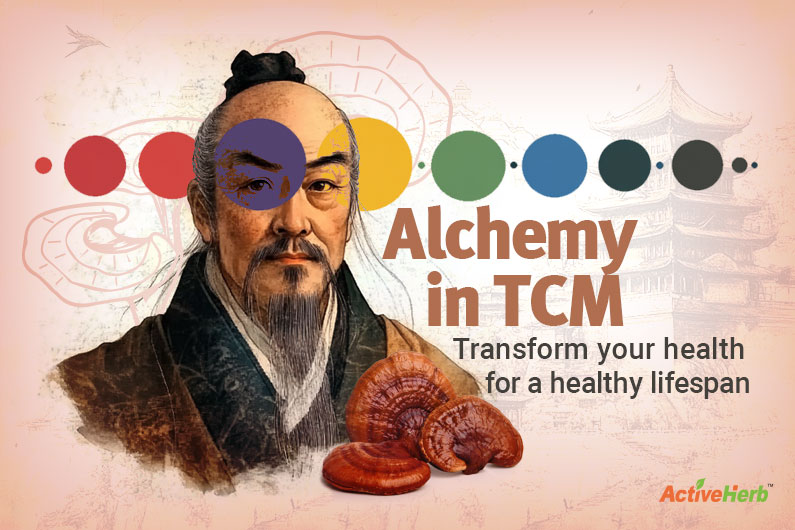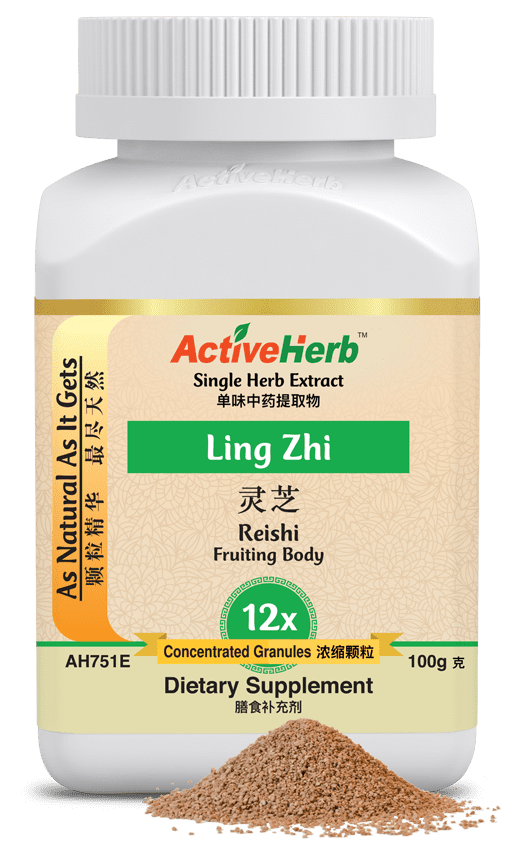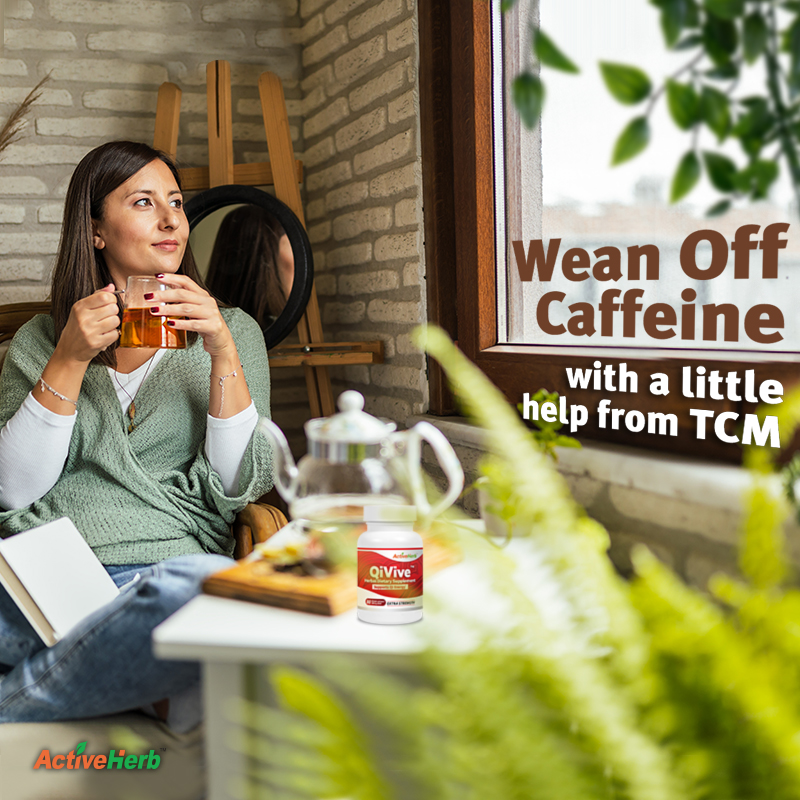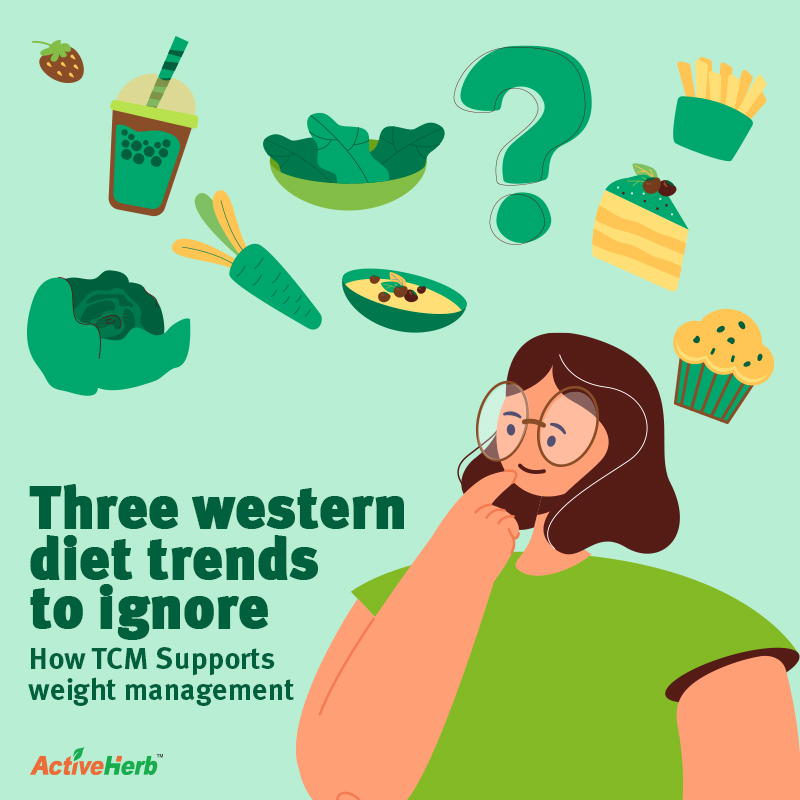Alchemy in TCM: Transform Your Health For A Healthy Lifespan

If you’re one of the 150 million people worldwide who’ve read Paulo Coelho’s best-selling novel, ‘The Alchemist,’ perhaps the story of Santiago, a shepherd boy who dreams of finding a worldly treasure in the Egyptian pyramids, resonated deeply with you. Just as ancient alchemists sought to turn base metals into gold, Santiago’s quest for treasure led to a profound transformation; his true “gold” was discovering his purpose in life.
In Traditional Chinese Medicine (TCM), alchemy seeks the greatest type of wealth: health and immortality. Here’s how the principles of alchemy in TCM can help you achieve a longer, healthier life.
What Is Alchemy In TCM?
Alchemy is an ancient practice shrouded in mystery. Considered the forerunner of chemistry in the Western world, alchemy is associated with the transmutation of base metals into gold. In ancient China, gold was revered as much as it was at Sutter’s Mill in 1848. A sacred material with many symbolic meanings, gold was a sign of wealth and status. But beyond the bling, gold represented something far more powerful and desirable: Immortality.
The ancient Chinese believed gold represented the sun’s essence and was associated with agelessness. It was an important ingredient in the “elixir of immortality.”
A legendary potion believed to grant eternal life, the Elixir of Immortality (长生不老药 [Chángshēng bùlǎo yào]) was a central pursuit of Daoist alchemists. Made from various ingredients, including cinnabar (mercuric sulfide), gold, and other minerals and plants, the Elixir of Life was crafted through complex alchemical processes.
The Godfather of Alchemy in TCM: The Leonardo Da Vinci of Ancient China
Tao Hongjing (456–536,陶弘景) was a Chinese alchemist, astronomer, calligrapher, military general, musician, physician, and pharmacologist. According to British author and Sino researcher Lionel Giles in Gallery of Chinese Immortals: Selected Biographies Translated from Chinese Sources, these polymath talents unofficially earned Hongjing the nickname, the Chinese Leonardo Da Vinci.
Like the alchemists of medieval Europe who pursued the Philosopher’s Stone, much of Hongjing’s life was not just a quest for financial wealth and physical immortality but also a spiritual and metaphysical journey. Daoist alchemists like Hongjing believed that consuming the elixir could lead to transcendence and union with the Dao, the fundamental principle underlying the universe. These practices combined elements of philosophy, spirituality, and early chemistry, reflecting the holistic approach of ancient Chinese medicine and thought.
The Principles of Alchemy in TCM
Rooted in Taoist principles, Chinese alchemy involves transforming substances and energies within the body to achieve balance and enhance vitality. In other words, unlike modern Western medicine, which seeks to nip symptoms in the bud like coughing and sneezing, alchemy from a TCM perspective, utilizes external substances such as herbs to interact with the body’s energies, namely Jing (essence), Qi (vital energy), and Shen (spirit), to promote balance, health, and spiritual enlightenment
Just as blacksmiths mixed base metals to create stronger alloys, ancient Chinese alchemists like Hongjing aimed to turn the human body itself into philosophical metal—one that does not decay and can gain immortality. Two thousand years before tech entrepreneurs and fitness fanatics started the biohacking trend, Daoist alchemists experimented with ways to prolong lifespans.
Internal Alchemy
To promote agelessness, Daoist alchemists practice both internal alchemy (Nei-Dun) and external alchemy (Wai-dan). The essence of internal alchemy is maintaining a positive flow of Qi through the body’s meridians and organs. As the principles of TCM evolved, it became apparent to ancient Chinese physicians-philosopher-alchemists that Qi stagnation is the root cause of many health conditions, and that healing practices like acupuncture, cupping, and herbal medicines can help open up the meridians so Qi can flow freely.
The Tao of Alchemy in TCM
In Taoist philosophy, everything is in a state of flux, constantly changing and transforming. That’s why it’s so important to focus on Nei-Dun internal alchemy. Health, from a physical and spiritual perspective, is a dynamic balance that must be continually maintained and adjusted. You may not be able to live forever, at least not physically. But according to Daoist philosophy — a key component of TCM — immortality is possible on a spiritual level. However, if you want your spirit to live forever, long after your physical shell dissolves, you must perfect the art and science of Nei Dun.
So, the question becomes, how does one perfect internal alchemy? Qi Gong and Tai Chi are physical exercises that harmonize Qi flow, while meditation cultivates Shen.
In addition, diet is one of the best ways to cultivate internal alchemy and promote health and longevity.
As Jim Fitzpatrick, DAOM (Doctor of Acupuncture and Oriental Medicine) and teacher at Ontario College of TCM writes, “The highest rank among doctors according to the 3000 year-old-ancient text, ‘Rites of Zhou, is dietician. Unlike Western alchemy, Fitzpatrick suggests that the meaning of different elements coming together to form something new is practical and tangible, like a recipe for soup. “It has less to do with chemistry than cooking,” he says.
One reason Qi Gong and Tai Chi work to maintain positive Qi flow is the focus on breath. As Fitzpatrick writes, “Breath becomes longer and deeper, smoother and finer, as the abdomen releases resistance and energy begins to move. This is the beginning of transformation.” TCM and internal alchemy, Fitzpatrick argues, are not separable, but rather one grows out of the other.
External Alchemy
Ancient alchemists refined base elements into gold and then ingested the “fake” or synthetic gold as a pill, believing that it would grant them immortality. They also used pharmacological processing techniques, such as frying or roasting ingredients from Chinese materia medica with toxic metals like mercury, lead, and arsenic. Do not try this at home!
In a more contemporary and safer methodology, Wai-Dan is the Chinese equivalent of the standard Western advice to eat a healthy, balanced diet, exercise, and, perhaps, take high-quality supplements.
For the latter, we again turn to Fitzpatrick, who writes that external elixirs entail studying the superior herbs. There are 120 in the Shennong Bencao, the oldest materia medica. The first is Ling Zhi or reishi mushroom, and the second is Ren Shen (ginseng).
In TCM, then, herbs aren’t mere botanicals taken to mask symptoms. They are substances that transform through alchemy via meticulous preparation to provide beneficial effects. Through fermentation, extraction and other techniques, alchemy in TCM potentiates the therapeutic properties of herbs.
Modern Integrations of Alchemy in TCM
Modern TCM continues to integrate alchemical principles, particularly in developing herbal supplements and treatments. Full-spectrum extraction methods preserve the complete profile of active compounds in herbs, reflecting the alchemical goal of maintaining the integrity and balance of natural substances. Our best-in-class extract granules preserve all active herbal ingredients in the full spectrum and offer the most convenient way to take TCM supplements that support, if not immortality, then a long and healthy life. At ActiveHerb.com, we use the highest authentication standards to ensure the correct species of herbs are in use. Our team of experienced herbalists employs testing such as organoleptic, microscopy, and Thin-Layer Chromatography (TLC), adhering to the official PRC Pharmacopoeia and other recognized references.







